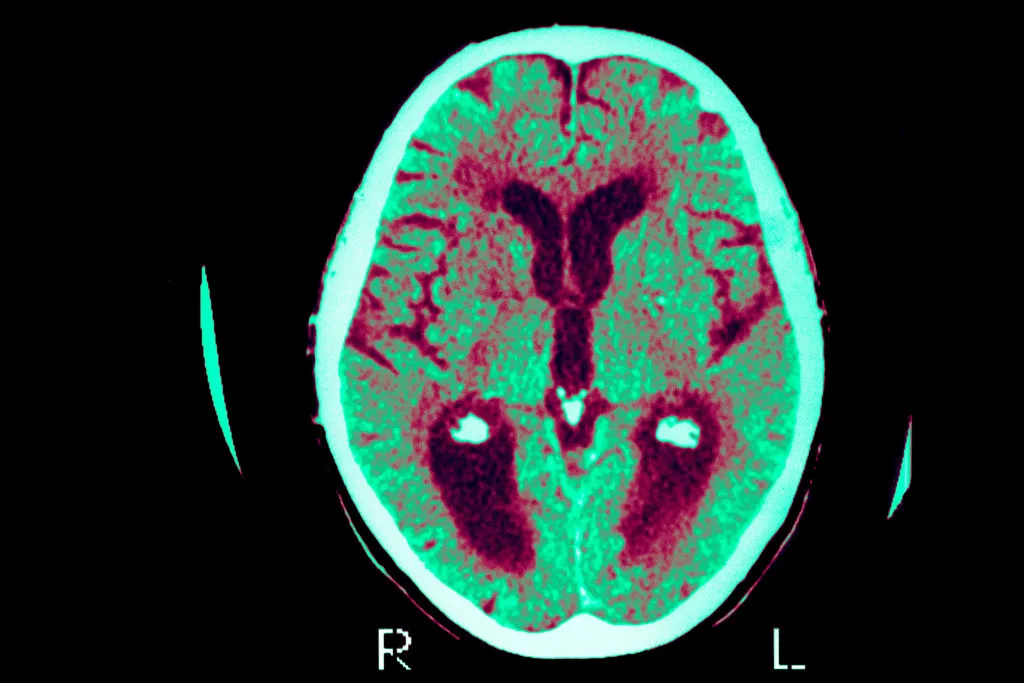Alzheimer's Disease Breakthrough: Brain Stimulation Device Shows Promise

Alzheimer's Disease Breakthrough: Brain Stimulation Device Shows Promise
Alzheimer's disease could be impacted by a novel brain stimulation device that may slow symptoms. Researchers showcase preliminary findings on this promising therapy, highlighting its effectiveness in addressing cognitive decline.
Therapeutic Innovation and Research Findings
Using a transcranial magnetic stimulation (TMS) device, widely used in treating mental illnesses, researchers targeted a key brain network vital for memory storage. The small phase 2 clinical trial followed 32 participants over 52 weeks, revealing a 44% slower rate of symptoms worsening in those receiving active treatment compared to the sham group.
Key Insights and Future Directions
- Participants reported minimal side effects, making TMS a well-tolerated option for patients.
- The next phase aims for broader validation across multiple centers, vital for FDA approval.
- Research highlights a potential non-drug therapy paradigm for Alzheimer's treatment.
The results underscore the need for further investigations, particularly in a multicenter format to ensure wider applicability.
This article was prepared using information from open sources in accordance with the principles of Ethical Policy. The editorial team is not responsible for absolute accuracy, as it relies on data from the sources referenced.